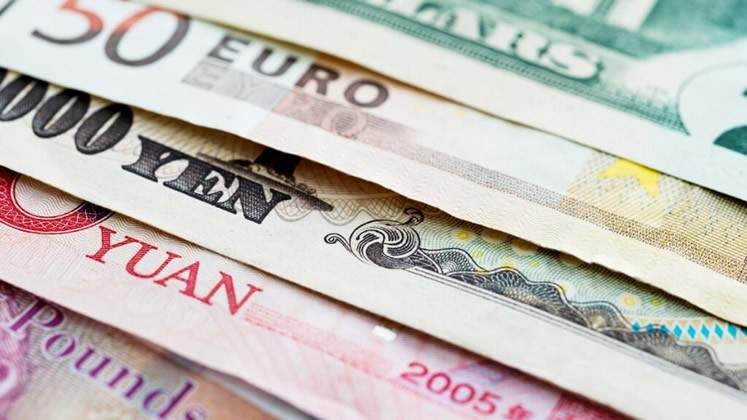Over the past six months, Nigeria’s foreign exchange reserves have experienced a significant decrease, dropping by $1.65 billion to a total of $32.97 billion. This decline comes in the wake of the Central Bank of Nigeria’s efforts to streamline the country’s foreign exchange rates.
The apex bank’s directive on June 14 to Deposit Money Banks, requesting the removal of the rate cap on the naira at the official Investors and Exporters’ Window of the foreign exchange market, was aimed at ensuring the free float of the national currency against the dollar and other global currencies. This move abolished segmentation and integrated all segments into the Investors and Exporters window, while also reintroducing the ‘Willing Buyer, Willing Seller’ model at the I&E Window.
The impact of these changes has been palpable, with both the naira and foreign currency reserves witnessing a decline. Data from the CBN reveals that as of June 15, the country’s gross FX reserves stood at $34.62 billion, only to diminish to $32.97 billion by December 1, 2023.
This reduction in FX reserves has been closely linked to the depreciation of the naira, with the national currency weakening by over 40% since June. The fundamental problem has been attributed to the limited capacity of the country to earn foreign exchange from both non-oil and oil exports, coupled with the escalating FX demand.
During the bank’s Monetary Policy Committee Meeting in July, concerns were raised regarding the weak accretion to external reserves and the persistent foreign exchange demand pressures. Obadan Mike, a member of the committee, highlighted the inadequate foreign exchange supply as a reflection of the low productivity of the Nigerian economy, meager export earnings, and limited foreign capital inflows.
It was emphasized that the substantial demand for foreign exchange persists, leaving the country’s external reserves in a precarious position, posing a key concern for the domestic economy. The Economist Intelligence Unit’s Africa Outlook report underscored the inadequacy of Nigeria’s FX reserves to support its exchange rate unification policy, predicting continued pressure on the naira and an unstable exchange rate regime as a consequence.
In a recent assessment, JP Morgan estimated Nigeria’s net FX reserves at $3.7 billion, attributing the decline to larger-than-expected currency swaps and borrowing against existing reserves. This revelation signifies sustained FX market pressures, with the CBN potentially sourcing FX at commercial and semi-commercial rates.
Despite these challenges, Mr. Olayemi Cardoso, the CBN Governor, remains optimistic, anticipating positive economic effects in the medium-term. He envisions that the removal of petrol subsidies, adoption of a floating exchange rate, and other governmental policies will yield favorable outcomes for the Nigerian economy over time.





